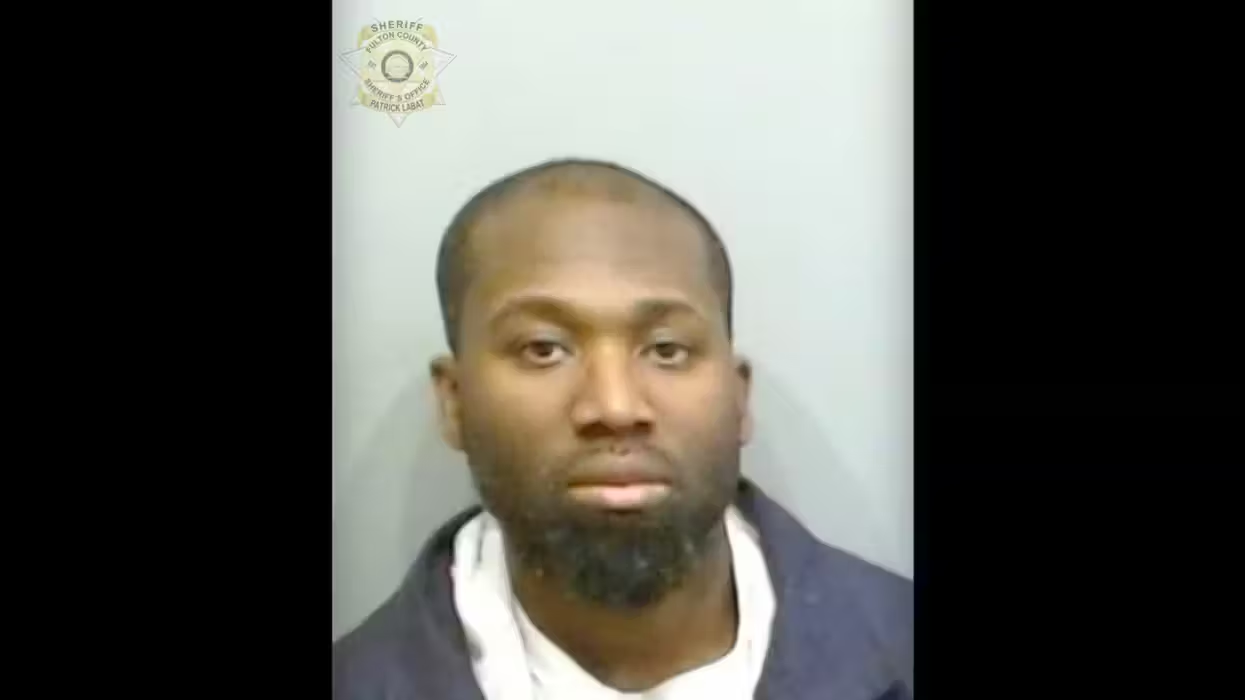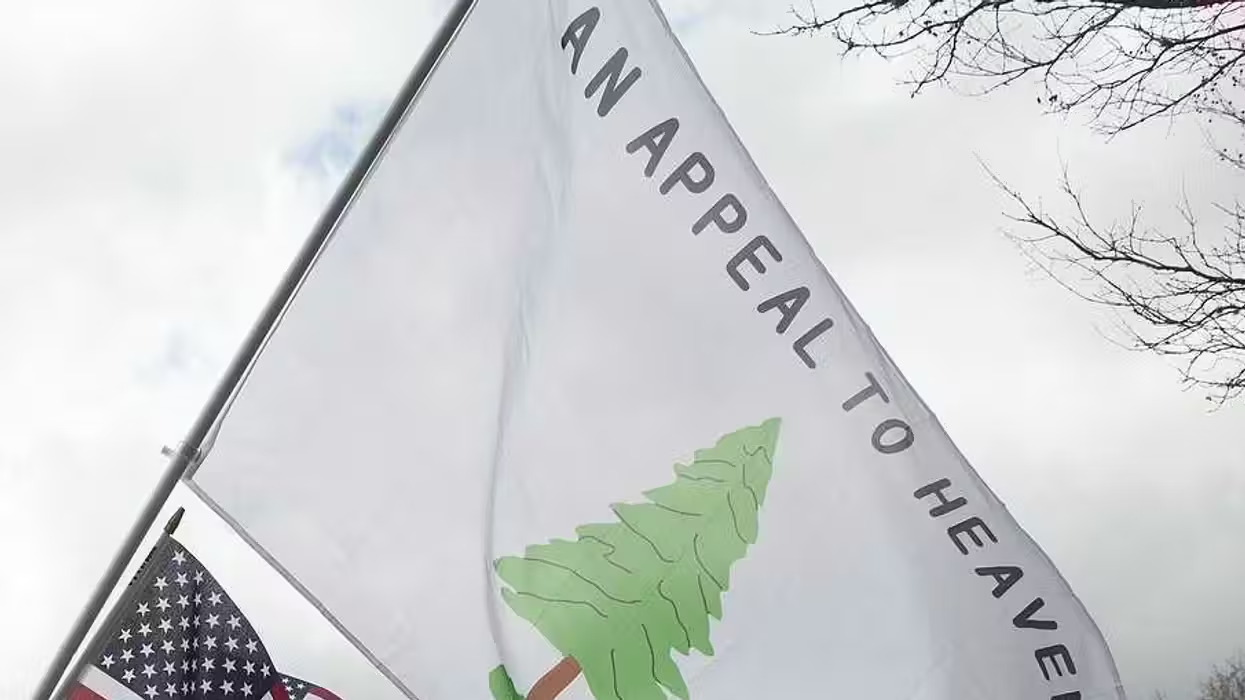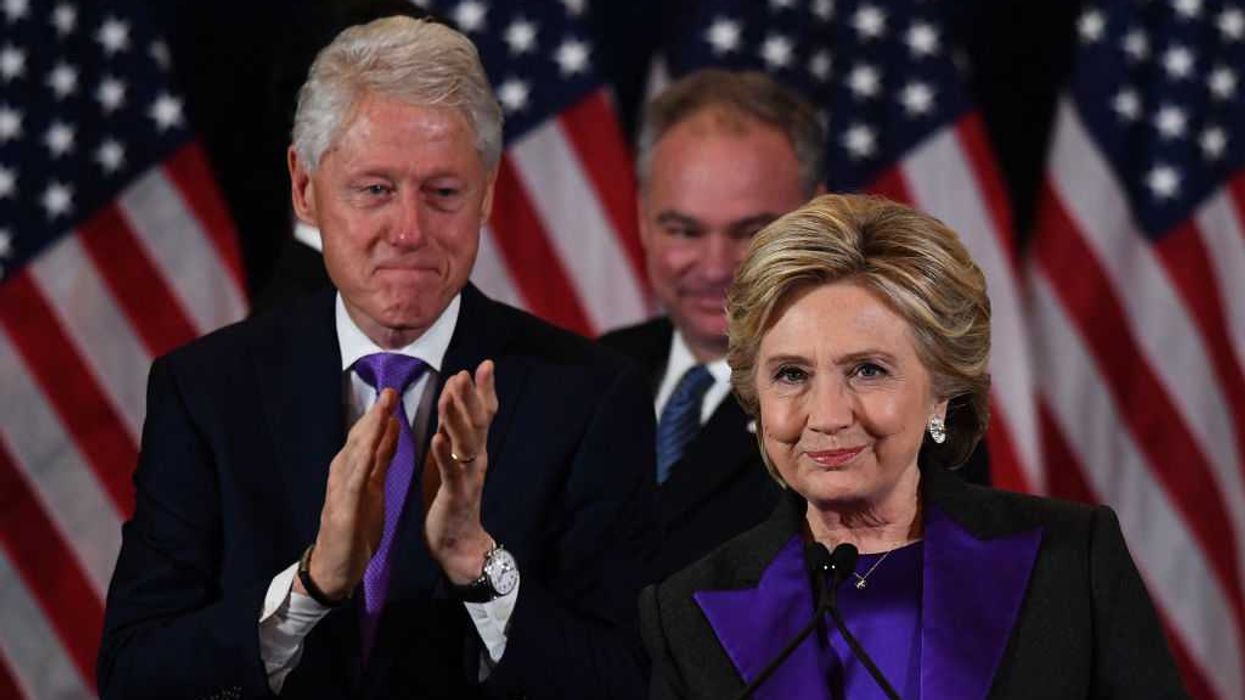 WASHINGTON, DC - JUNE 11: U.S. Sen. Lindsey Graham (R-SC) speaks to reporters prior to a Republican Policy Luncheon June 11, 2013 on Capitol Hill in Washington, DC. Senate Republicans held the luncheon to discuss Republican agenda. Credit: Getty Images
WASHINGTON, DC - JUNE 11: U.S. Sen. Lindsey Graham (R-SC) speaks to reporters prior to a Republican Policy Luncheon June 11, 2013 on Capitol Hill in Washington, DC. Senate Republicans held the luncheon to discuss Republican agenda. Credit: Getty Images
If the U.S. government needed to censor Americans' "snail" mail to protect national security, Sen. Lindsey Graham (R-S.C.) would propose that action be taken, the Republican told reporters on Capitol Hill Tuesday.
However, at this point in time, he says he doesn't think it's "necessary."
Responding to reporters' questions about the National Security Agency's massive surveillance efforts, Graham argued that the U.S. government once censored mail.
"In World War II, the mentality of the public was that our whole way of life was at risk, we're all in. We censored the mail. When you wrote a letter overseas, it got censored. When a letter was written back from the battlefield to home, they looked at what was in the letter to make sure they were not tipping off the enemy," he said. "If I thought censoring the mail was necessary, I would suggest it, but I don't think it is."
Graham also said the "First Amendment right to speak is sacrosanct, but it has limits." He added that Americans should be more willing to give up certain civil liberties in dangerous times to prevent terrorist attacks.
He went on:
"In World War II, our population understood that what we say in letters could be used against [us by] our enemies. It was designed to protect us and ensure that we would have First Amendment rights because under the Japanese and Nazi regime, they weren't that big into the First Amendment. We don't need to censor the mail, but we do need to find out what the enemy's up to."
The debate about domestic surveillance has exploded since NSA whistleblower Edward Snowden leaked classified information about the NSA's PRISM program, which secretly collects tons of digital communication data from American citizens.
Featured image via Getty
(H/T: Chris Moody, Yahoo! News)

 WASHINGTON, DC - JUNE 11: U.S. Sen. Lindsey Graham (R-SC) speaks to reporters prior to a Republican Policy Luncheon June 11, 2013 on Capitol Hill in Washington, DC. Senate Republicans held the luncheon to discuss Republican agenda. Credit: Getty Images
WASHINGTON, DC - JUNE 11: U.S. Sen. Lindsey Graham (R-SC) speaks to reporters prior to a Republican Policy Luncheon June 11, 2013 on Capitol Hill in Washington, DC. Senate Republicans held the luncheon to discuss Republican agenda. Credit: Getty Images






